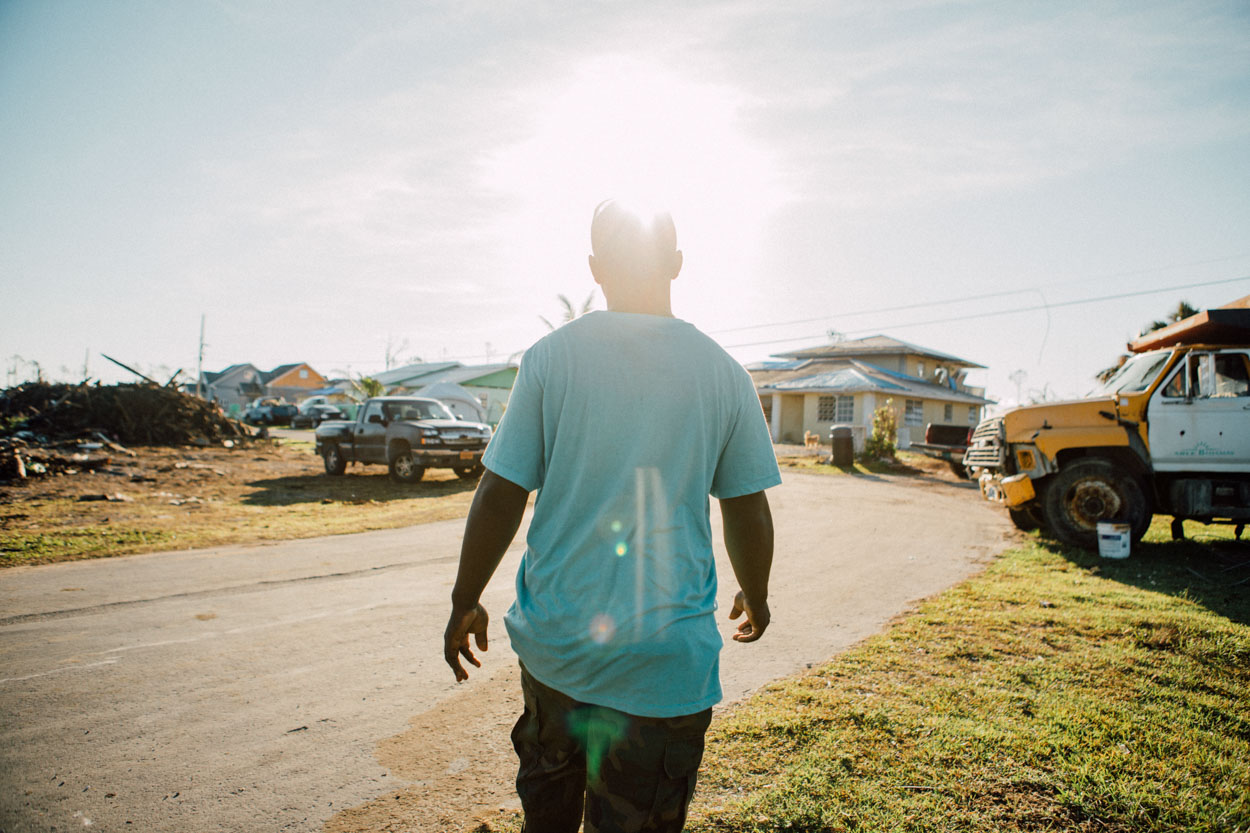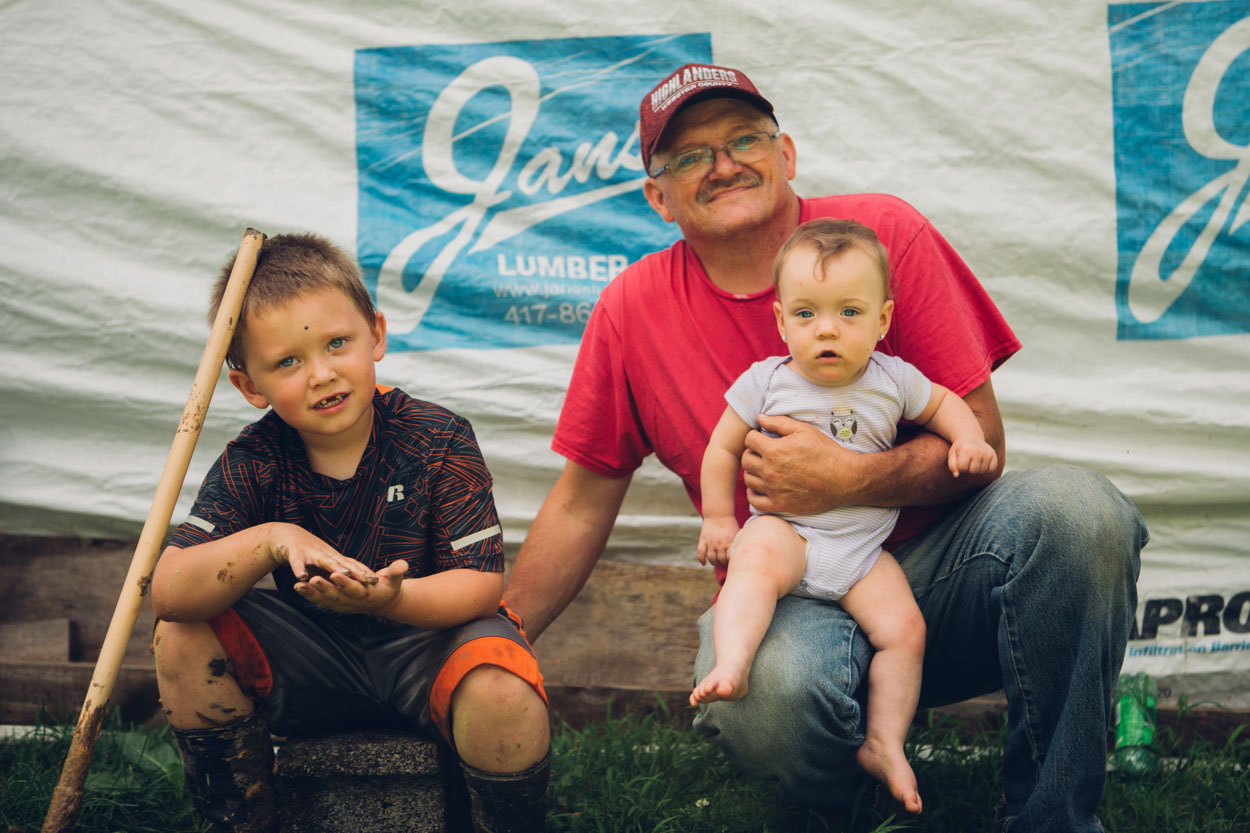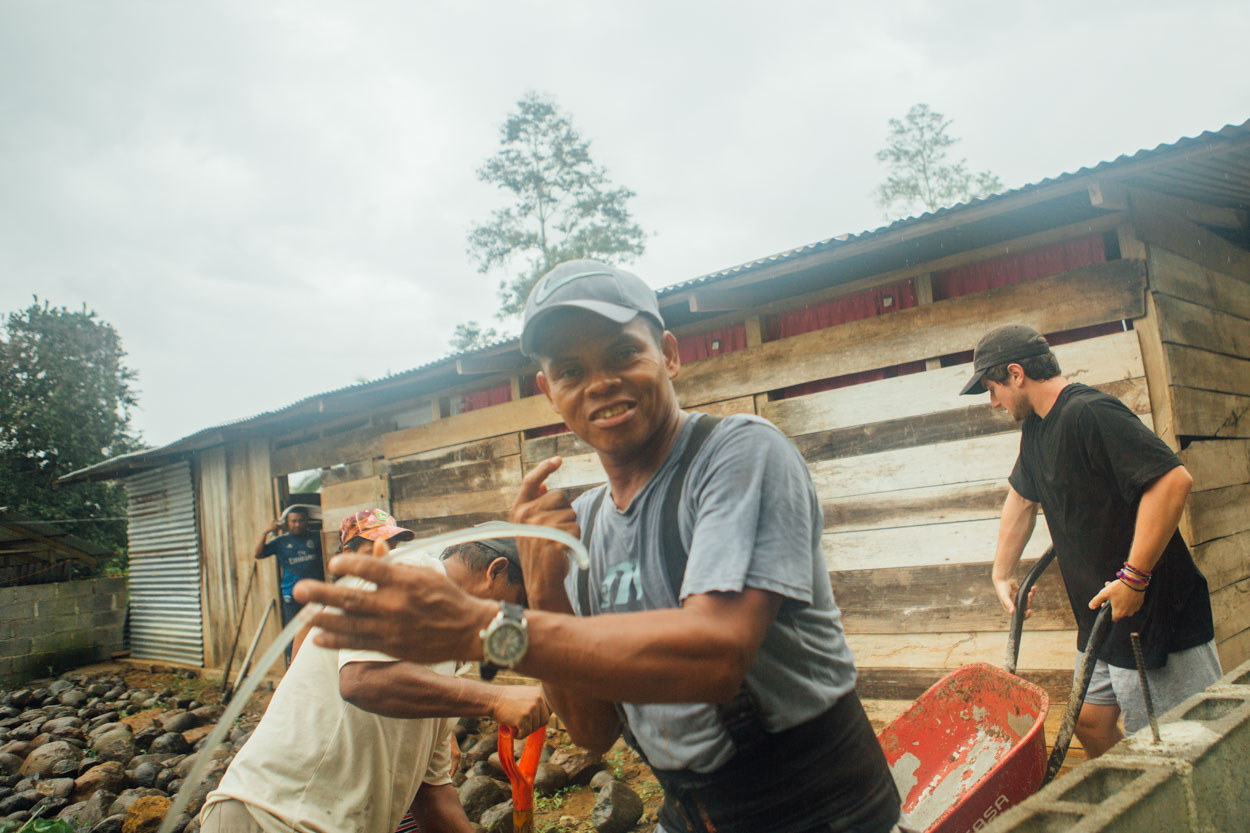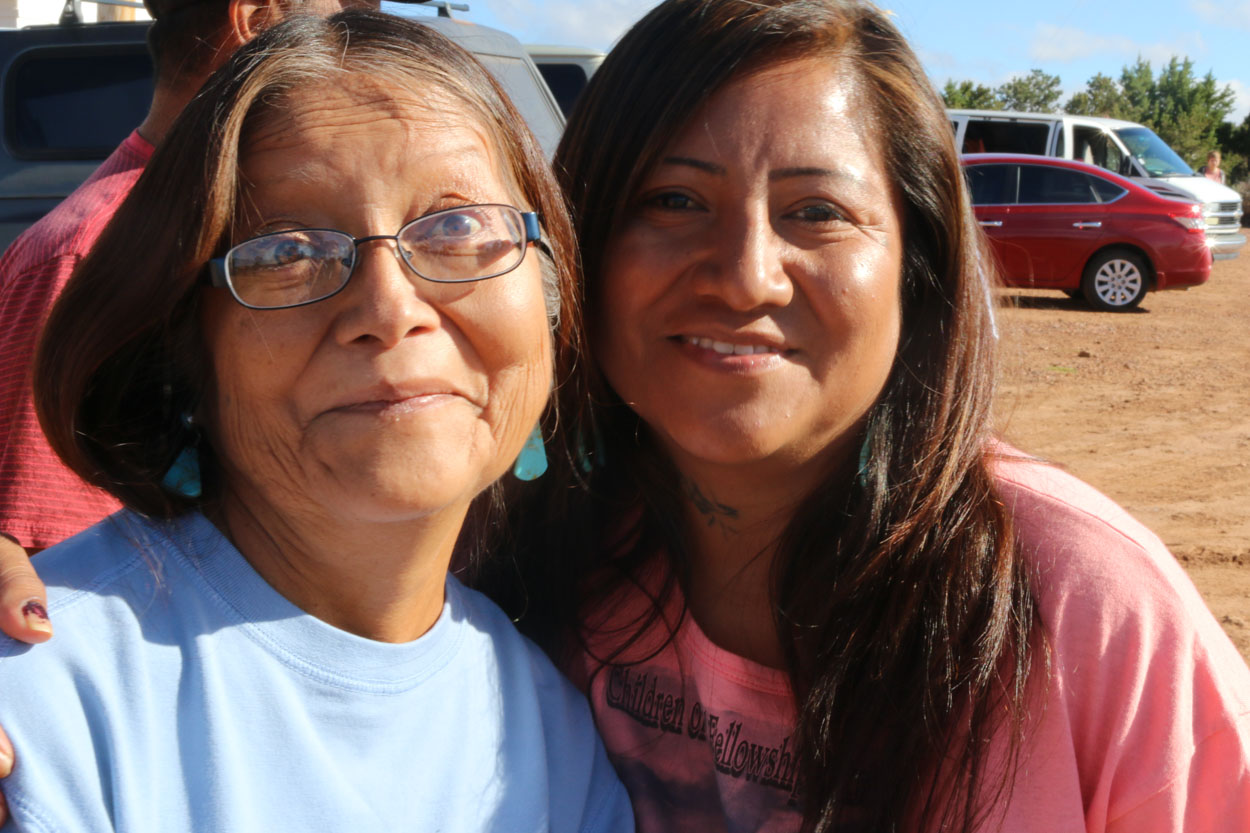For many of us, it's easy to remember a time when we felt shame, embarrassment, or disrespect because of someone’s comment or reaction toward us. Whether we felt looked down on for the way we look, speak, or dress or the things we do or do not possess, some of our deepest and long-lasting hurts stem from the ways we have felt “less than” in comparison to others. But this way of comparing or ranking others has a way of seeping into our efforts to help and serve.
It's easy to default to thinking about "poverty" as simply a lack of money, resources, or stuff. We can reduce a person’s experience to their “inability to provide for themselves” and miss a more honest recognition that not everyone has been allowed the same level of career opportunity, financial stability, or social acceptance that we see in “successful” families and communities.
When we feel judged for who we are, or where we come from, we can forget our own worthiness. This is dignity—the worthiness of being honored, respected, and embraced, regardless of your circumstances.

Is it possible to serve others in a way that causes more harm than good?
Healthy service is often rooted in our pictures of success. If we see success as financial stability or an impressive career then our instinct will be to judge those without excess money or a stable job as “failures.” When we do this, we place indignity upon someone and deny them the worthiness of acceptance and honor.
In most cases, we do this unintentionally. It could be as simple as asking someone why they have an old phone or saying you can’t eat food someone prepared for you because you’re trying to eat healthier. Or, it could be as extreme as thinking or telling someone they should “get a job” or “get their life together” because that seems like the obvious issue—though you did not know they had not been called back for an interview for the last 50 jobs they applied for and were just denied unemployment.

When we serve in a way that compromises someone’s dignity, we continue to reinforce the same shame and failure that society is constantly communicating. This is almost more damaging than any lack of income or resources because it attacks a person's core sense of self-love and value.
For this reason, we seek to serve in a way that is sensitive to people’s personal dignity. We never want to enter a community with the attitude that we are somehow "superior" to its residents simply because we were born into circumstances that provide easy access to employment, food, shelter, or education. It is always important to take time and consider how someone might receive our attempts at support.
The people we serve alongside persevere in the face of extreme hardships. They are strong and resilient, and they should be treated as such. In this way, we encourage you to challenge your picture of "success". Instead of measuring someone's value based on their finances or job, measure people’s success by their dedication to their family, their perseverance through difficult circumstances, or their capacity for generosity even when it costs them greatly. Perhaps you may find a more honest picture of human success and character.
We go to a community to share our time, love, and resources with people, and to work alongside our newfound neighbors as family, so that we might be a picture of God's love.

How can we volunteer in a way that is honoring and respectful of our differences in lifestyle and perspective?
EM service and learning projects are designed to encourage partnership between community residents and volunteers who come to serve. Every person involved is welcomed as an equal partner in ministry (see EM’s Best Practices for Cross-Cultural Engagement).
In order to demonstrate that we really care, We must check our own motivations for serving. We must be on alert to perceive and correct any act of service that elevates ourselves, our plans or our ideas over those of the local community. We must strive to treat people with the genuine respect all human beings deserve and do our best to make sure they never feel like "targets" for our charity.
We will not simply serve—we will embrace.

More Mission Stories


Site developed and hosted by Skycog, Inc.

